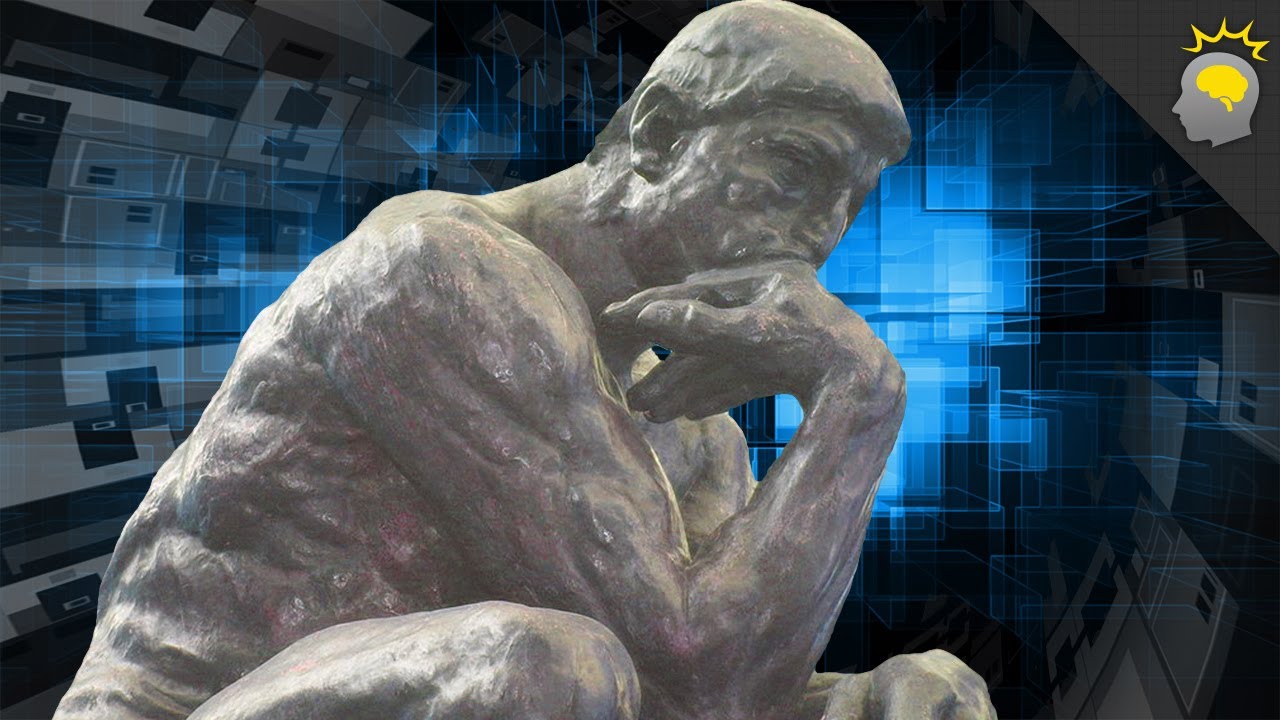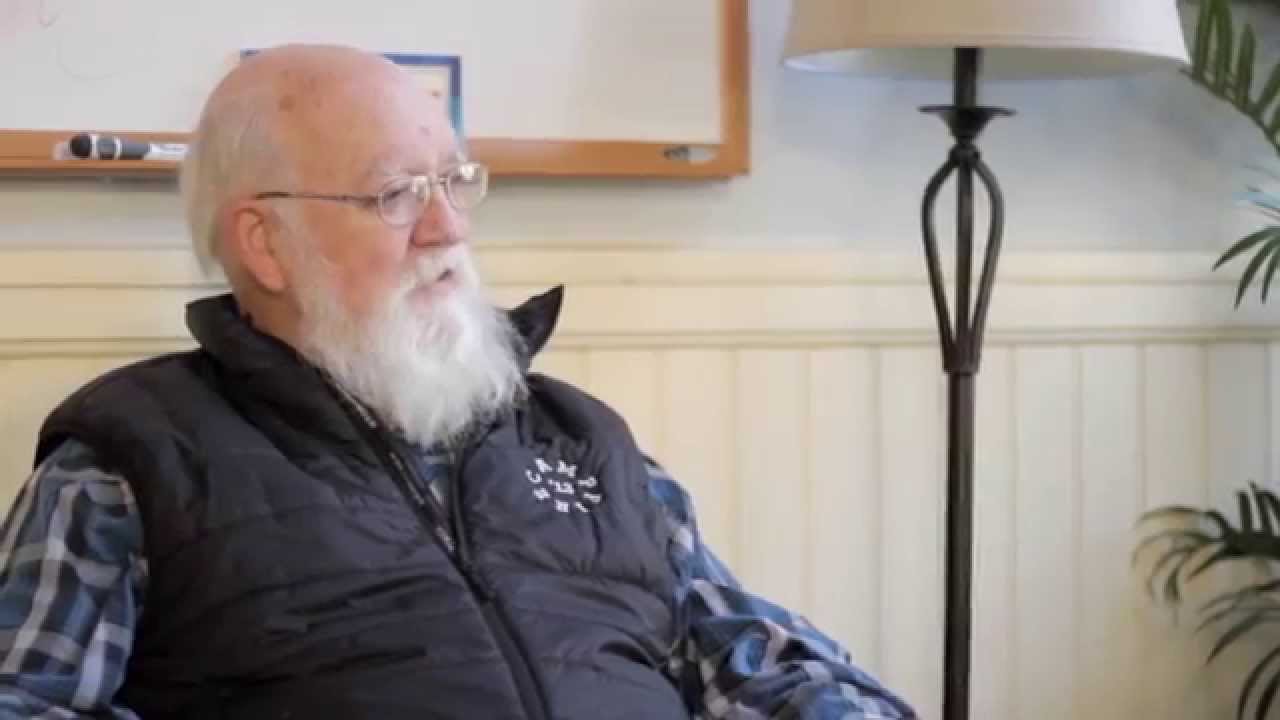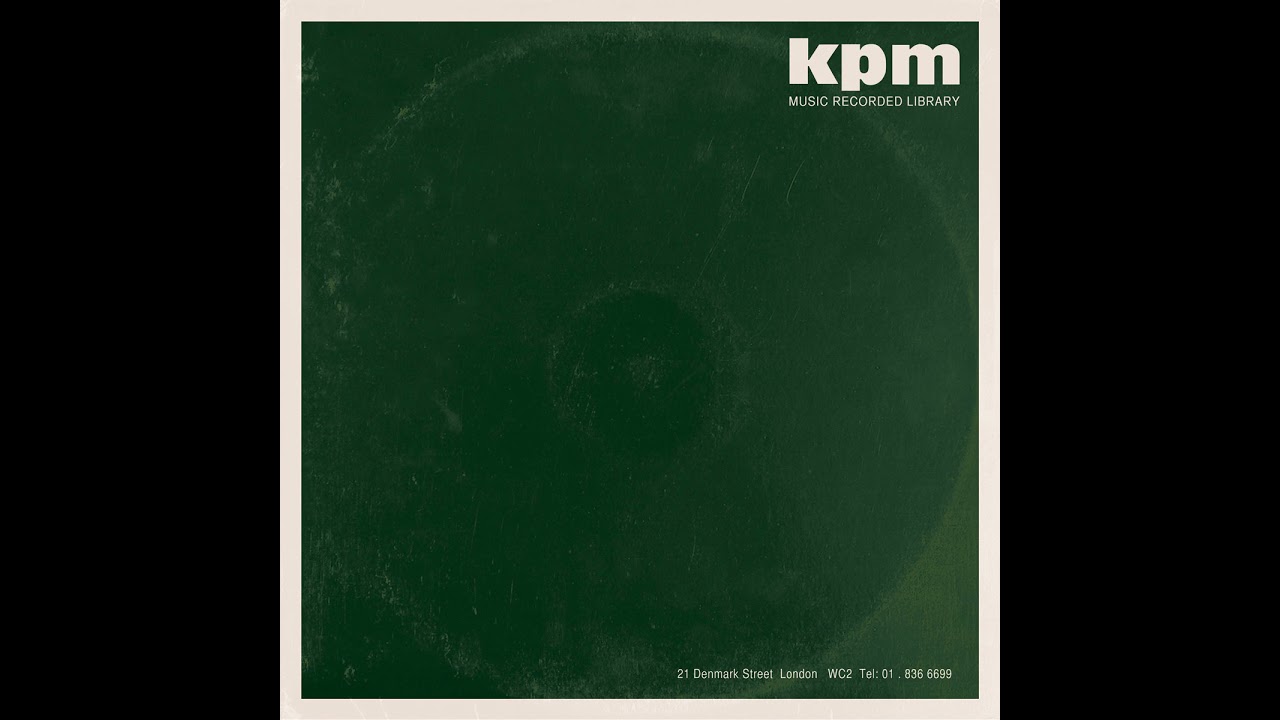Stuff to Blow Your Mind – HowStuffWorks
Will humans ever be able to comprehend the nature of consciousness? One school of philosophy says no, and their reason has everything to do with our neuro-evolution.
Subscribe | http://bit.ly/stbym-sub
Homepage | http://bit.ly/stbym-hsw-home
Listen to us | http://bit.ly/stbym-itunes
Like us | http://bit.ly/stbym-fb
Follow us | http://bit.ly/stbym-twitter
Google+ | http://bit.ly/stbym-gplus
Prepare for a trip down the rabbit hole as Robert Lamb and Julie Douglas lead you on a scientific journey to the very limits of human understanding. “Stuff to Blow Your Mind” examines neurological quandaries, cosmic mysteries, evolutionary marvels and the technological underpinnings of our transhuman future.




A scientific theory of consciousness would have to explain subjective experiences (e.g. qualia) by objective explanations, which is contradictory. It seems that the best that can be done is to understand the physical correlates of consciousness: science could explain the correlates (e.g. the pattern of neuronal firings in some region of the brain, etc.) of the perception (quale) of the color red, but how could this explain the subjective experience itself… Consciousness trying to understand consciousness makes me think of the Ouroboros…
Quran's take on that:
And they ask you, [O Muhammad], about the soul. Say, "The soul is of the affair of my Lord. And mankind have not been given of knowledge except a little."
Surah Al-Isra [17:85]
1 Corinthians 13:12 For now [in this time of imperfection] we see in a mirror dimly [a blurred reflection, a riddle, an enigma], but then [when the time of perfection comes we will see reality] face to face. Now I know in part [just in fragments], but then I will know fully, just as I have been fully known [by God].
Missing link to mys( the biblical God the human spirit..) Jesus is the answer God bless…
First I want to wish you well in your endeavors. This was a wonderful "quickie" presentation of some very big ideas. I hope more young people will pursue this inquiry.
Second, I am bemused by the very existence of such a term as "New Mysterians". It implies that there was such a thing as a time when the question was considered "solved". I mean "considered solved" as in this: Think of all the geniuses it took to create science as we know it today. Was there ever a group of these geniuses who got together and discussed the results of this so-called "mysterianism" having been done away with? I never heard of it. I'd like to read about this if it exists. (BTW Sam Harris and Richard Dawkins don't count as “geniuses” to me). Here's an example of a genius: Max Planck. "In the last analysis, we ourselves are part of nature and therefore part of the mystery that we are trying to solve." And: "There is no matter as such! All matter originates and exists only by virtue of a force which brings the particles of an atom to vibration and holds this most minute solar system of the atom together. . . . We must assume behind this force the existence of a conscious and intelligent Spirit. This Spirit is the matrix of all matter." All this implies, to me, that if you LOGICALLY and BEING HONEST WITH YOURSELF ponder these questions with at least the brain power of a Max Planck you will come to the inevitable conclusion that the term “New Mysterian” says more about the USERS of the term than about those who are labeled as such. So what findings have we had since Planck to overturn these observations of his? Of those who use the term "mysterian" as if it meant anything, I would like to ask: Do you just cherry-pick the parts of Planck's observations that don't challenge your claim on the ability for man to have some kind of god-like powers of understanding? Was he going senile when he made those distasteful observations? Was he joking? Was he just ready to retire and didn’t care what he said anymore?
Of course, a huge problem with this discussion is that the question is so big that there really needs to be a discussion of what we mean by the word “understand”. Suppose there were some character named “Buddha” who came to us today and told us he “understood” human consciousness. Well I would imagine the “truth” of that could only be understood on some level that is unattainable by the capabilities of our paltry language and the way we use it. You see where I am going with this? I mean, when you say “understand” you weren’t really going there I take it?
If we are unable to understand human consciousness due to evolutionary constraints, we then need to fully understand evolution and how to orchestrate, alter, or bring about the necessary change in our own evolution in order to do so. There are already amazing breakthroughs in genetic science and biology that will eventually lead to our mastery biological manipulation.
we will never know, it would be so complex our structured brain wouldn't be able to handle it.
I know what it is
history is full of the false predictions of conservatives saying "that can never be done"
I'd suggest that the body (of which the brain is part of) is just a physical tool for the spirit inhabiting the body.
All you have to do, is remember who you are when you die. Maybe try to figure out who you were, when you died last.
Well, at least he _had_ something to say.
I'm quite opposed to McGuinn's view and I detest claims saying we will never achieve something, it is such a very easy claim to make. He might gain some ground and fame for this claim, but that is only because most likely we won't solve the mind-body problem in his lifetime. I just find such statements very counter productive.
you obviously don't know what philosophy is about. Everytime a branch of philosophy gets proven, it turns into it's own science. Astronomy, psychology and even Math were part of philosophy once. It's a science about unproven sciences.
So even what you said is true, the intent of your comment is false,
Stop talking with your mouth full.
I just want to live forever in a robot body… Is that too much to ask? Somebody figure it out so that Ghost in the Shell can become reality.
The problem is believing that the physical is the main reality, it's not.
Cognitive closure must be bypassed by using mathematics and computers, just let the computers do the correlations without needing to understand how it works.
How about many brains study brains? The thing is; while a brain alone may not be able to comprehend itself, when you have a network of brains you get a sort of super-brain which may be able to solve the problem. I think once we get a full map of a brain we can really start to make progress. Just like with the human genome project – once we got the DNA sequenced then we were able to really start to make progress!
Maybe one day…!
We can do enything . Meny sead that man was not meant to fly
Human use brain to study human brain….I think this limits us to really understand what exactly human brain is. We would need different species to study our brain, to fully know the potential of our brain.